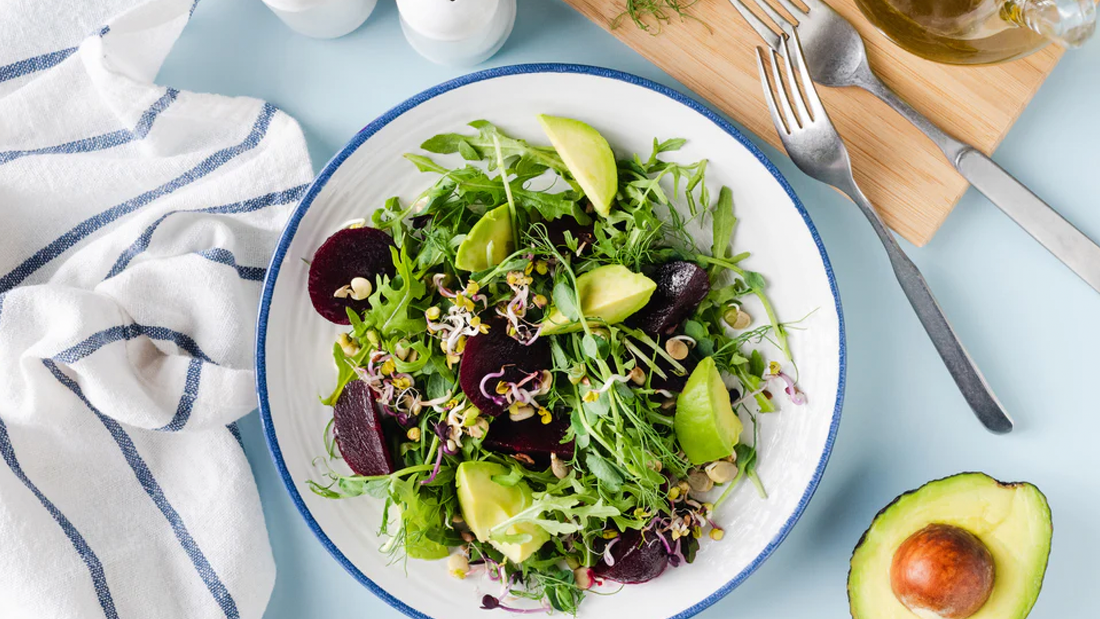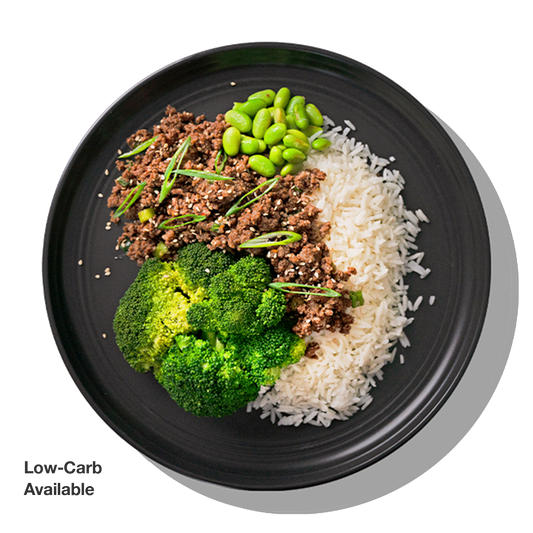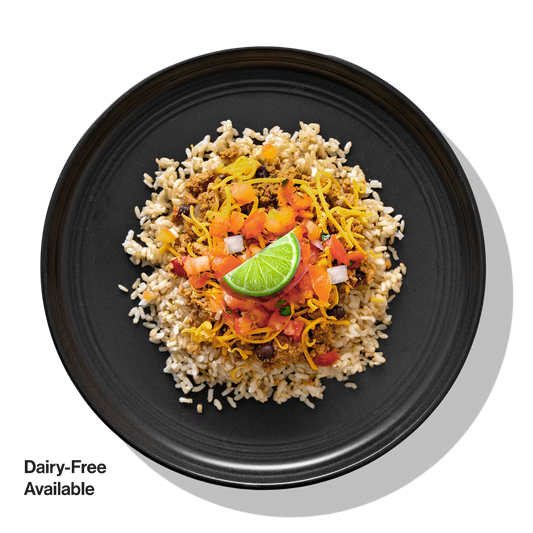PRECONCEPTION NUTRITION
Hillary Cecere MS, RDN
Hi BROS! My next few blogs are all going to be related to pregnancy and babies! I think lifecycle nutrition is super interesting, so I want to start this series from the very beginning…. preparing your body for reproduction.
* Before we even get into this, I want to emphasize that if you are dealing with fertility issues, it is likely not from your diet alone! Infertility is incredibly stressful, and I think it’s important to NOT be overly worried about your diet and just try to eat as balanced as you can and mange excess stress. *
For you ladies that did not plan your pregnancies, please do not freak out that your body is not ready to support your pregnancy! Many women have unplanned pregnancies that result in healthy babies (me included). Just start making healthy changes ASAP.
With all that said, optimal preconception nutrition does have the potential to increase your fertility and foster healthy fetal development. So, let’s get into it!
The first few weeks of pregnancy are an incredibly important time for development, and this is often the time a woman doesn’t even know she is pregnant yet. If you properly prepare your body for pregnancy, you will be equipped to nourish that little embryo during this essential time. The American Pregnancy Association recommends making healthy changes 3 months to 1 year before you even conceive.
PRE-PREGNANCY WEIGHT
Your weight before becoming pregnant is an important factor for your health and your baby’s. Studies have found that underweight women who gain the appropriate weight during pregnancy are still at higher risk for having low birth weight babies. Overweight women carry additional risks of gestational diabetes, high blood pressure and a difficult labor. Talk to your doctor or dietitian about a healthy body weight for you.
NUTRIENTS TO FOCUS ON
Below are important nutrients to focus on when you are trying to conceive. This is also a good time to begin taking a prenatal vitamin. Simply increasing your fruit and vegetable intake is one of the best changes you can make for your future baby BRO!
FOLIC ACID
It is recommended that all women of childbearing age get at least 400 micrograms of folic acid or folate per day. Folate is the food form of vitamin B9, whereas folic acid is the synthetic form. Folic acid prevents neural tube defects. Neural tube defects occur within the first 28 days of pregnancy, a time when a woman might still be unaware she is pregnant. Upping your intake of green leafy veggies, beans, citrus fruits, nuts and fortified cereals and grains will help you reach your folate recommendation. Bring on the baby spinach.
IRON
A pregnant woman needs a solid iron store to support a growing baby, increased blood volume and blood loss at birth. Before getting pregnant is the best time to build up iron stores. If a woman is deficient in iron it is possible that the baby will not have enough iron for it’s developing brain. Foods rich in iron are red meat, dark meat poultry, shellfish, spinach, beans, lentils and whole grains.
CALCIUM
Your baby will soon be building their cute little bones and if you don’t have enough calcium to support this bone growth, calcium will come from your bones. This can put you at risk for osteoporosis later in life. Calcium comes from dairy products, canned salmon, collard greens, kale, almonds, fortified orange juice and fortified nut, soy and rice milks. My favorite dairy products are low fat plain Greek yogurt and cottage cheese!
LIFESTYLE CHANGES
In the months before conception, it’s a good time to decrease caffeine consumption to about 200 milligrams per day. Caffeine is found in coffee, tea, soda, energy drinks, chocolate and some over the counter headache medications. Other fertility friendly lifestyle choices are to limit alcoholic beverages, manage stress, speak to your doctor about any prescription medications you are taking and stop smoking.
Get your partner involved too! Men can also benefit from making diet and lifestyle changes. A healthy body weight, more folic acid, reducing stress, limiting alcoholic beverages and not smoking have all been shown to have a positive effect on sperm count and sperm health. It’s a team effort!







